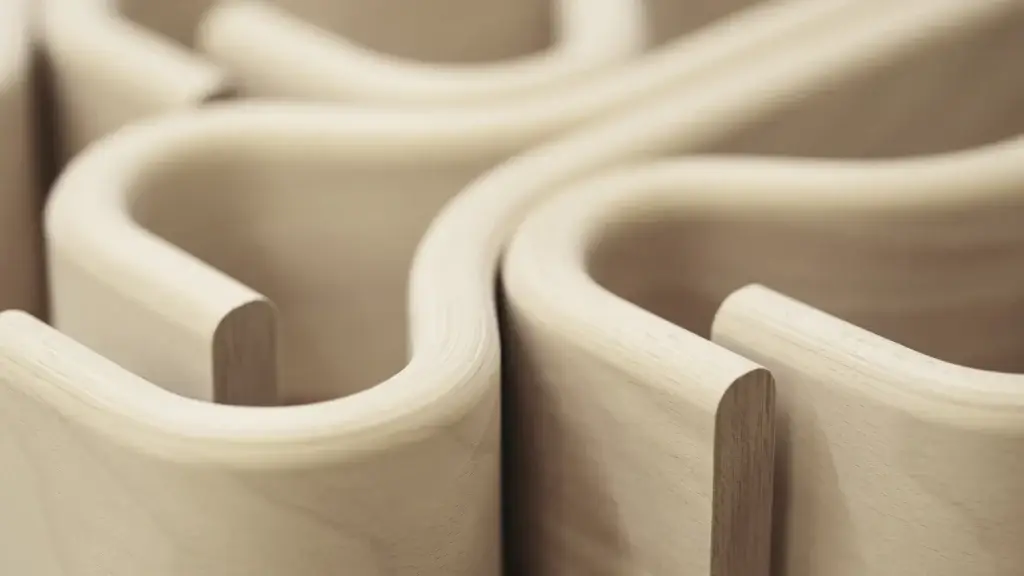
A Beautiful And Lively Material
In Stressless® production we carefully select between the many options of wood based on how each component will be used. Appearance, hardness, resistance, pliability, colour and structure are just some of the factors we take into consideration when choosing which material to use for a new product in the Stressless® collection.
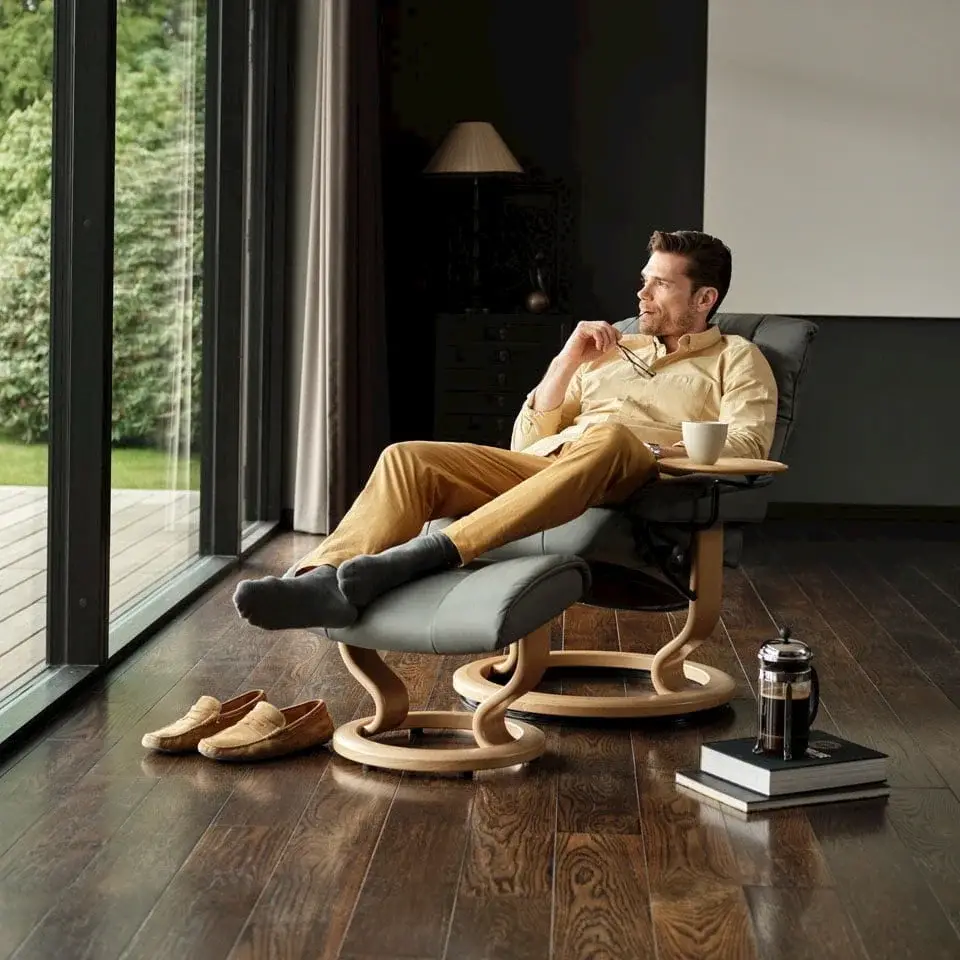
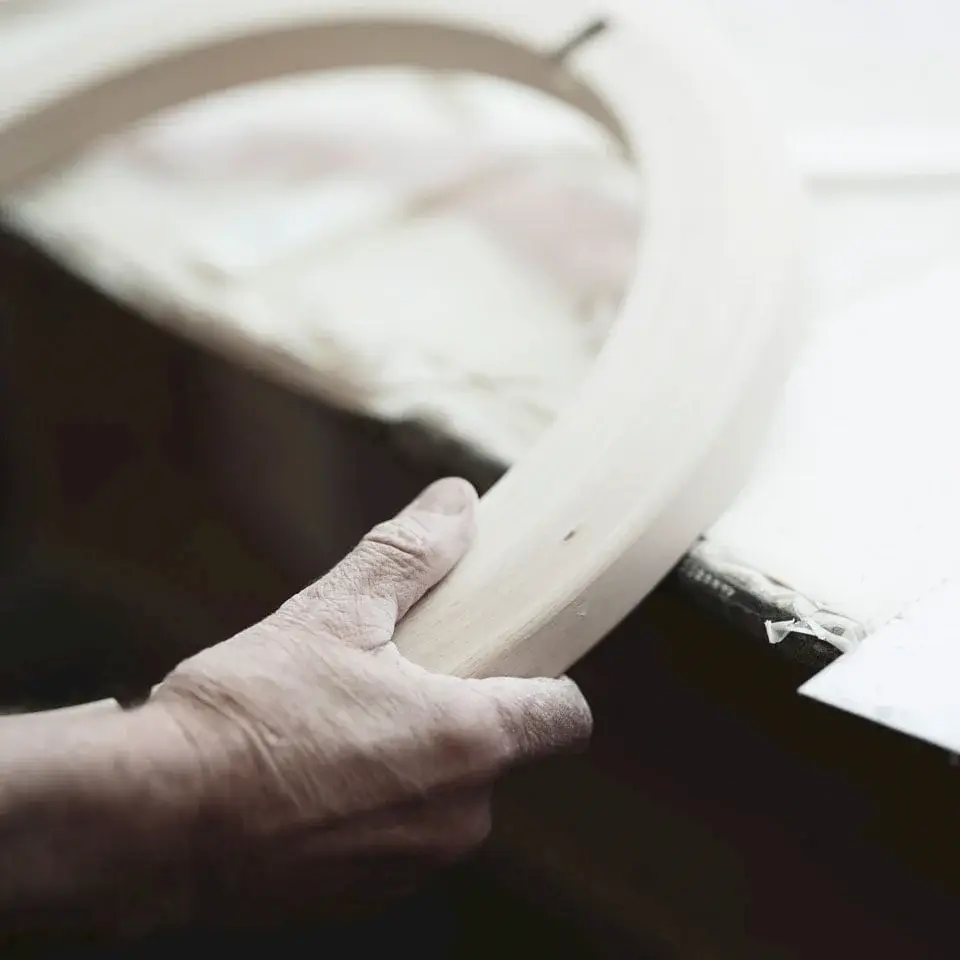
Natural variations
Natural variations in wood are important because they give the furniture individuality and character. Variations in pattern, colour and texture make each item of furniture unique.
Most wood types will change colour after unpacking. Different types of wood react differently to the exposure of light. Some might fade in colour, while other types go darker or get a more yellow or red hue. Some wood types will change character faster than others. It is important to note that sunlight triggers this process. The more sunlight, the more change in colour.V
Standard Wood Collection
For Stressless® recliners, sofas and accessories we mainly use solid or laminated beech. The hardness of the wood makes beech furniture extremely durable. It is strong with high abrasion resistance. Beech is easy to work with and gives a good base for adding stain and varnish.
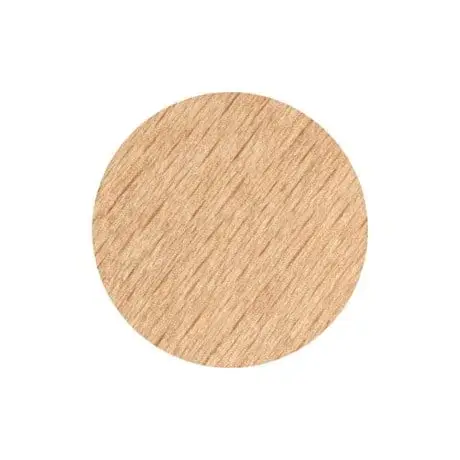
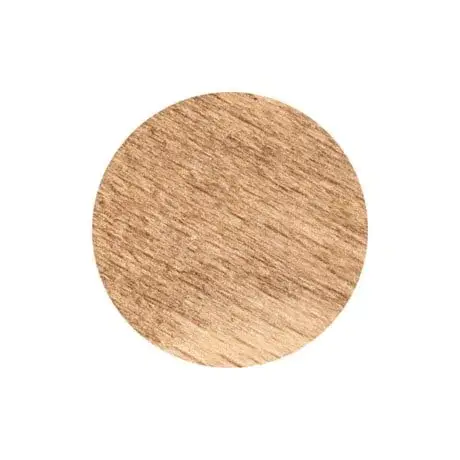
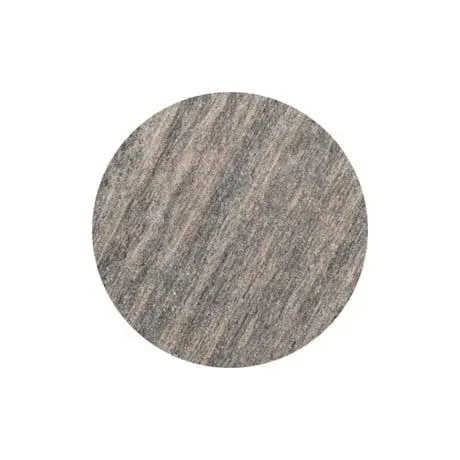
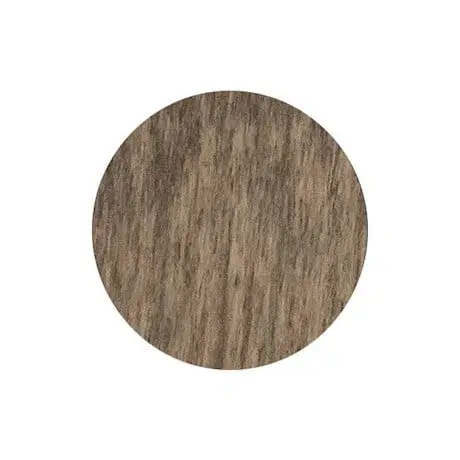
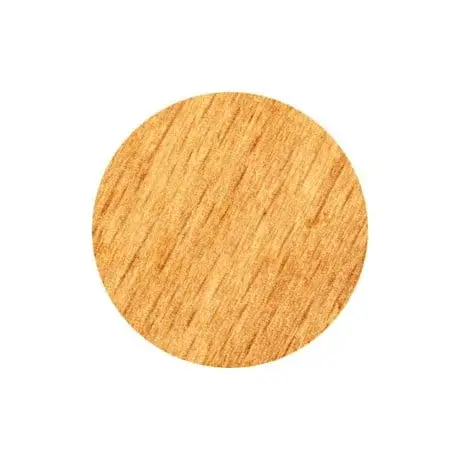
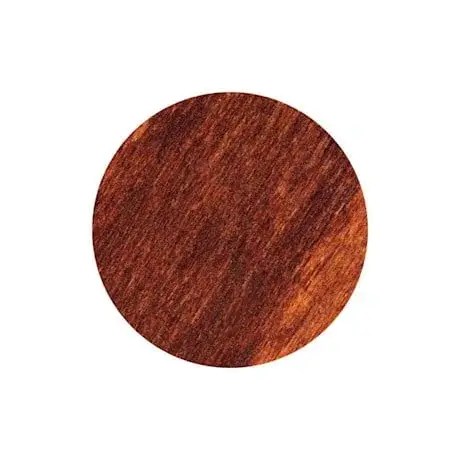
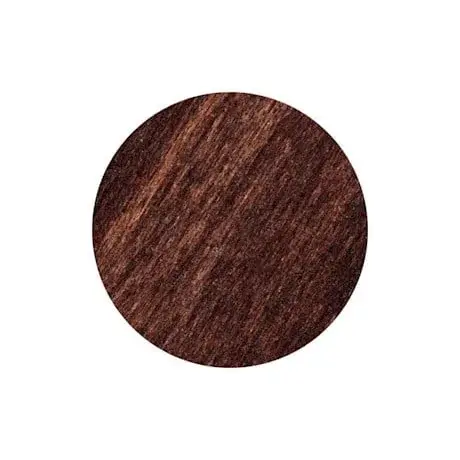
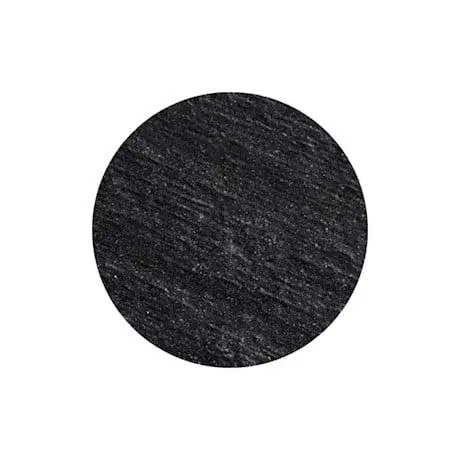
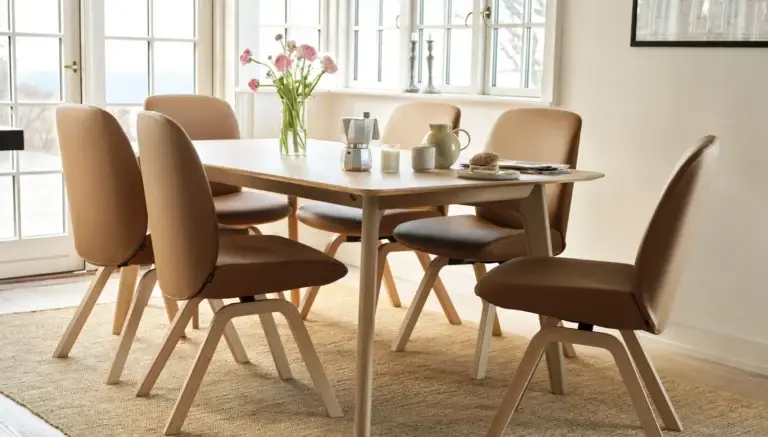
Exclusive Wood Collection
For Stressless® Sam, Stressless® Scott and the Stressless® Dining collection several wood types have been selected, depending on the need to shape and to make products that are durable and easy to maintain.
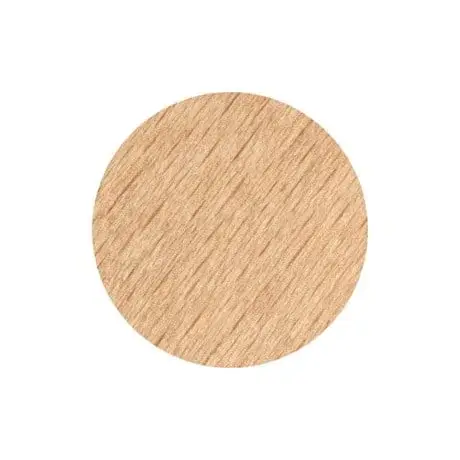
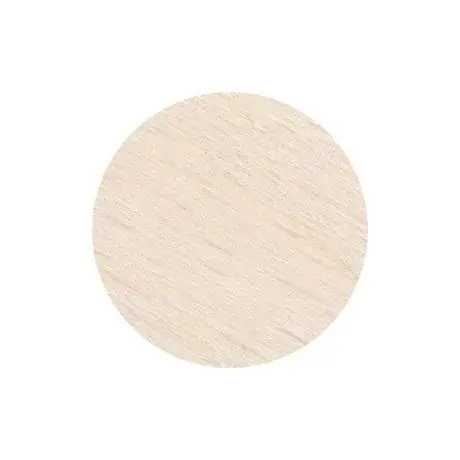
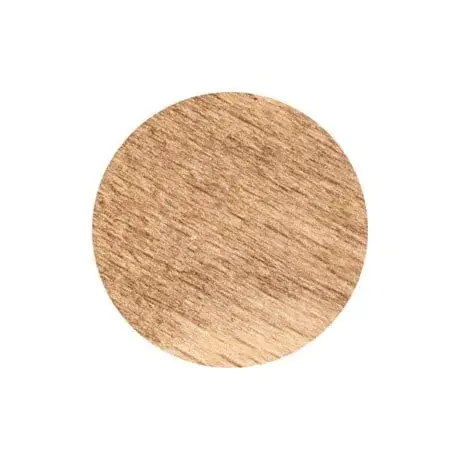
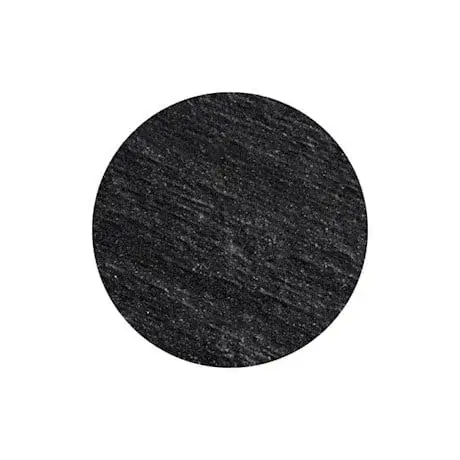
Cleaning advice
Varnished wood is commonly used in furniture manufacturing. Attractive looks, durability and easy maintenance are the main advantages, and among the main reasons for its popularity.
• Remove dust with a soft, dry cloth.
• Remove spills and stains immediately.
• Wipe off the surface with a soft and clean cloth well wrung out in lukewarm water if needed, then immediately polish with a soft dry cloth.
• Difficult stains can be removed by using a cloth with a mild soap solution (just a few drops of washing-up liquid per litre of water). Immediately polish with a dry cloth after cleaning.
• Never use abrasive cleaners such as scouring powders or creams, nor cloths of microfiber.
• Repairs should only be carried out by authorised persons. Please contact your furniture retailer for advice.


